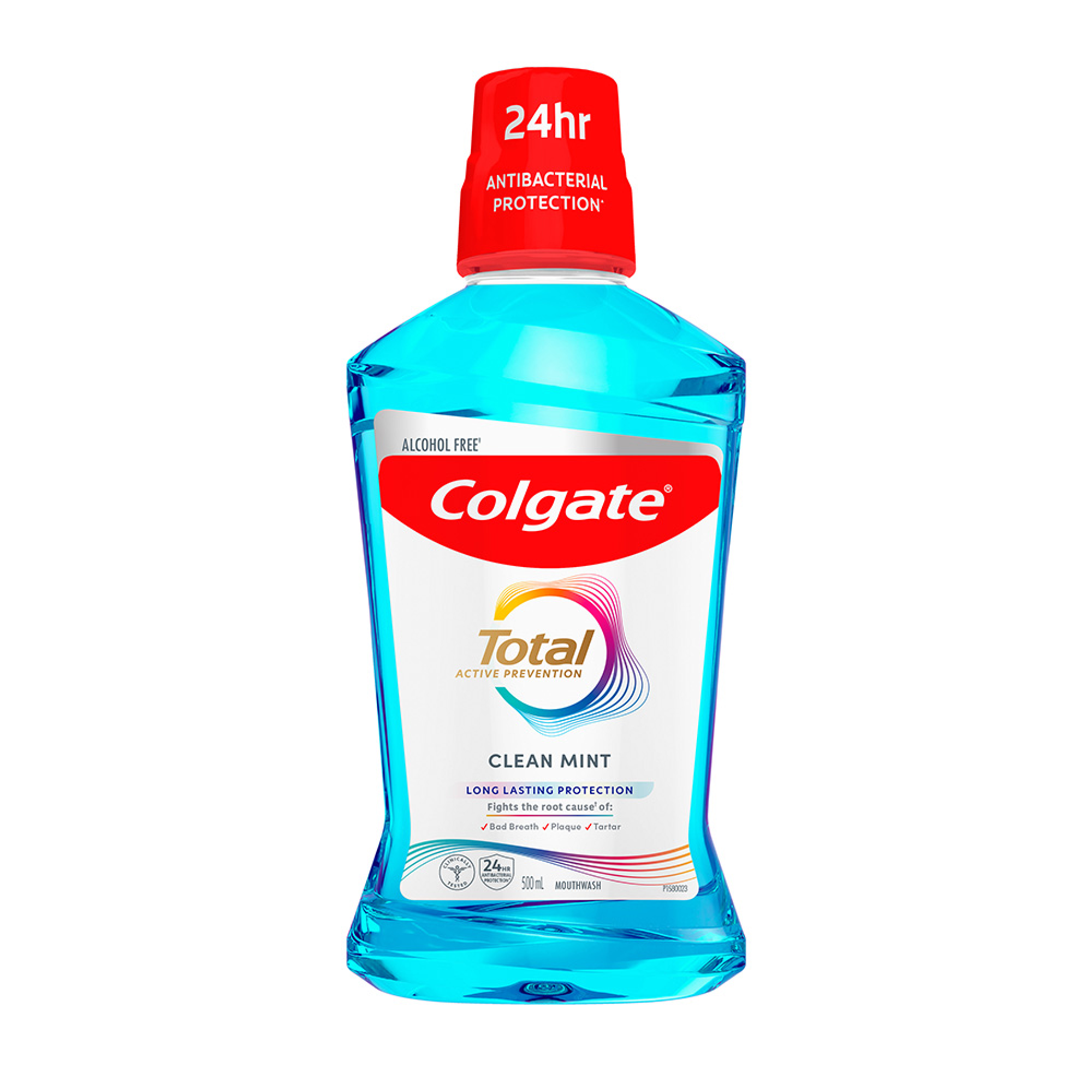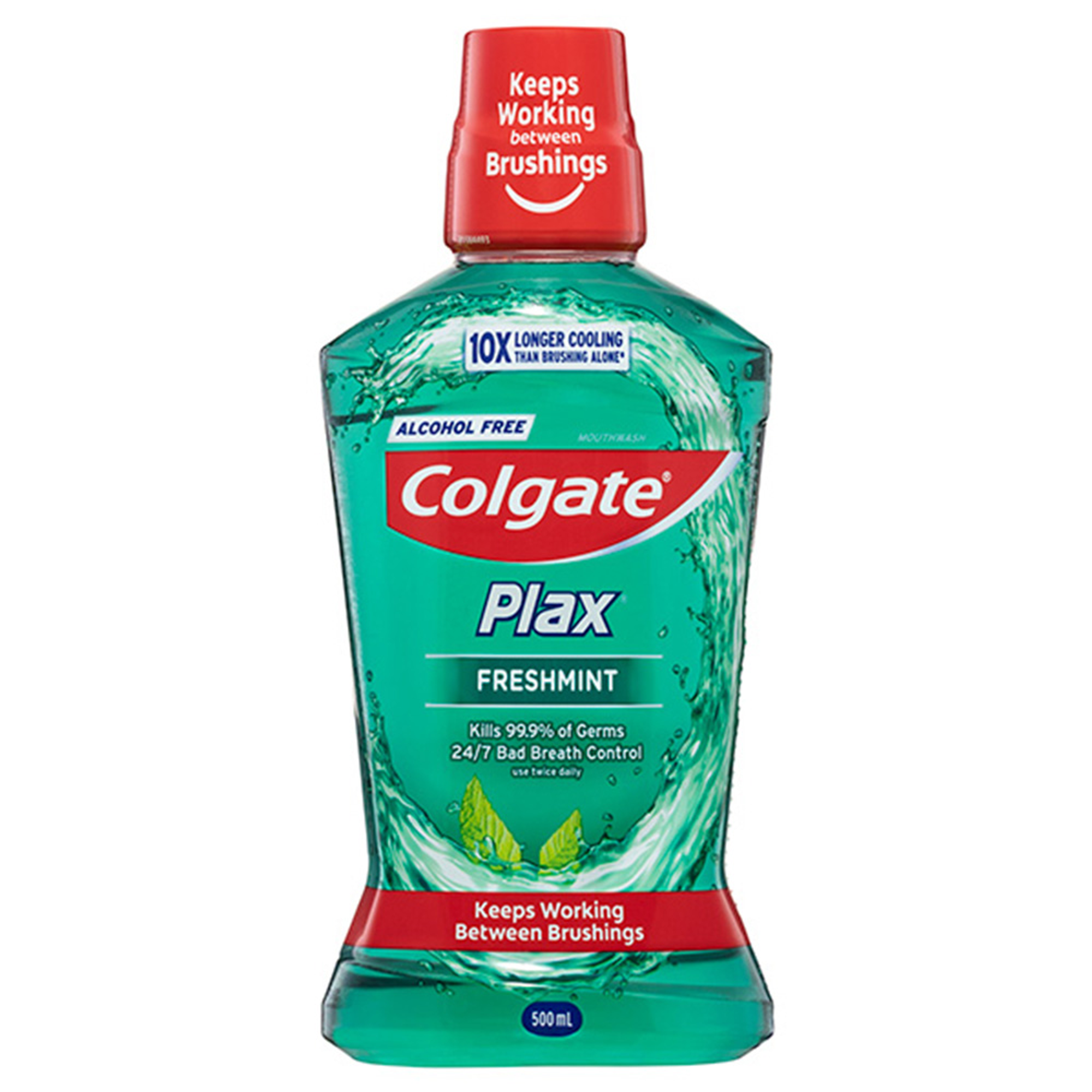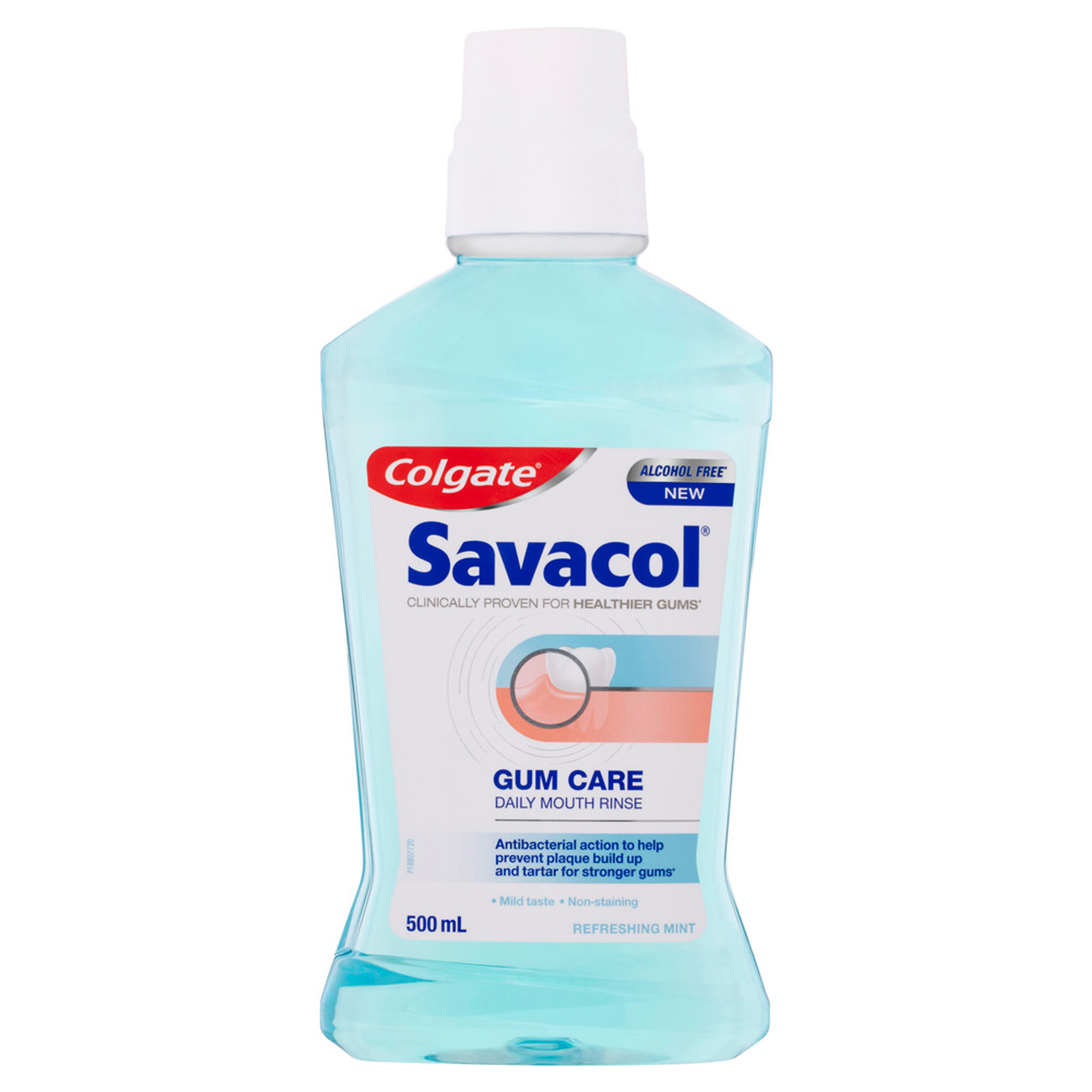
As dental professionals, when we consider the components that make up an individual's dental health and hygiene, we first think of the teeth and gums. However what is possibly the most important component to the function and health of the oral cavity is saliva.
Saliva is the key to some of the critical functions of the mouth including taste sensation, digestion and providing a supportive, mineral and nutrient-rich environment to maintain the teeth, gums and oral microbiome.
Some of the specific functions of saliva include provision of:
Lubrication of the oral cavity which also hydrates the oral tissues
Salivary enzymes which start the process of protein and fat digestion during mastication
Biological buffer system to neutralise any acids and maintain a healthy pH environment (5.5-6.5)
Essential minerals to remineralise the enamel mineral surface of teeth (calcium and phosphate)
For denture patients, saliva is critical for keeping denture in place (retention)
Saliva is produced by three main salivary glands that exist on both sides of the face which include the parotid gland (located on the cheek adjacent to the upper first permanent molars), the submandibular gland (located adjacent to the lower molars) and sublingual gland (located under the tongue). Salivary composition is approximately 99% water with only 1% comprising the other important components including mucin, proteins, electrolytes and enzymes.
Given normal saliva flow in both quantity (volume) and quality (viscosity) is vital to a person’s oral health, it is important during routine examinations to assess their saliva. Saliva tests are a great diagnostic tool to assess the quantity, quality and buffer capacity (pH) of saliva during a resting state and during a stimulated state of mastication. These tests also assist us to diagnose problems with saliva flow including xerostomia. Occasionally when nervous or stressed, your body’s fight or flight response (sympathetic nervous system) leads to decreased saliva flow leading to a dry mouth. However, a number of medications used to treat common diseases can have xerostomia as a side effect or exacerbate existing dry mouth. Some of these include decongestants, antihistamines, antidepressants, blood pressure medications and antispasmodics for cramps. Patients who have undergone any chemotherapy or radiation therapy are also likely to experience xerostomia. Importantly, xerostomia can be one of the first signs or symptoms of Sjogren’s syndrome, an autoimmune disease that affects the salivary glands. In some cases patients may require further investigations like sialography, in order to visualise salivary gland function.
Below are the Top 5 Tips for maintaining healthy saliva:
- Drinking plenty of water - given 99% of salivary volume in water it is essential to keep hydrated so saliva can be consistently produced by the salivary glands. As a general rule, you can calculate the weight adjusted water volume intake (L) by multiplying your weight (kg) by 0.0333. For example, a person weighing 60kg should be drinking 2L of water daily. A 90kg person would be needing to drink around 3L of water daily.
- Chewing sugar-free gum - Saliva production is triggered by masticatory movements of the jaw which trigger the brain to send signals to the salivary glands to produce saliva upon chewing to allow the food to be effectively swallowed and digested. Chewing sugar-free gum can help trigger saliva production by simulating this biological process.
- Breathing through the nose - the human body has been engineered to breathe through the nose passively to allow for sufficient oxygenation of vital organs. For patients who are mouth breathers or suffer from obstructive sleep apnoea (OSA), they tend to experience dryer mouths which can increase the risk of dental caries and periodontal disease.
- Monitoring recreational and pharmacological contributors to xerostomia (dry mouth) - whether it be taking medications with a known side effect of xerostomia or recreational habits of smoking or use of tobacco products or excessive consumption of alcohol, these substances can affect either saliva production by the salivary glands or lead to drying of the oral cavity; increasing the risk of dental caries and periodontal disease. If your patients are suffering from significant xerostomia, consider consulting their medical doctors to see if any medication substitutions are possible or if the patient can look to modify/eliminate any recreational habits which may be contributing to their dry mouth.
- Using salivary substitutes - For patients who are unable to produce normal quality (viscosity) and/or quantity (volume) of saliva, they may require adjunctive use of salivary substitutes to encourage sufficient lubrication and hydration of the oral cavity. These can come in the form of e.g. dry mouth gels with xylitol or dry mouth alcohol-free mouth rinses.
Dr Kaejenn Tchia is a recent graduate working in a corporate private practice in Darwin, Northern Territory. He is the current Treasurer of the Australian Dental Association NT Branch Inc. In 2020, he was an inaugural member of the Bupa Dental Corporation Clinical Advisory Panel, helping guide strategic direction and providing input towards clinician development within the network of practices. He is passionate about helping and collaborating with fellow dental colleagues, recently embarking on a new journey to help recent graduates eliminate burnout through a 6-step B.E.L.I.E.F System through his motivational coaching platform, The Limitless Dentist. Kaejenn is a member of the Colgate Advocates for Oral Health Editorial Community and hopes to use this platform to raise awareness of the importance of mental health in dentistry and provide mindset tools, which can help his colleagues unlock their next level of growth and success.
Join us
Get resources, products and helpful information to give your patients a healthier future.
Join us
Get resources, products and helpful information to give your patients a healthier future.











